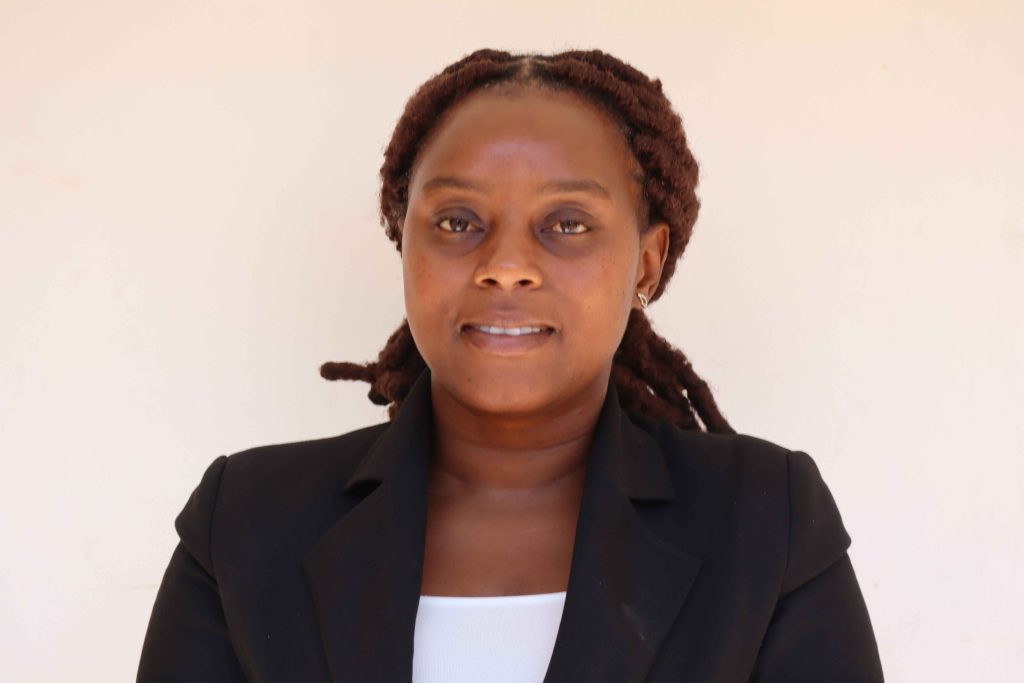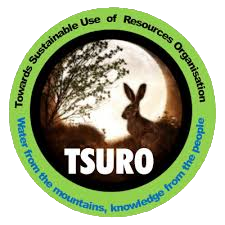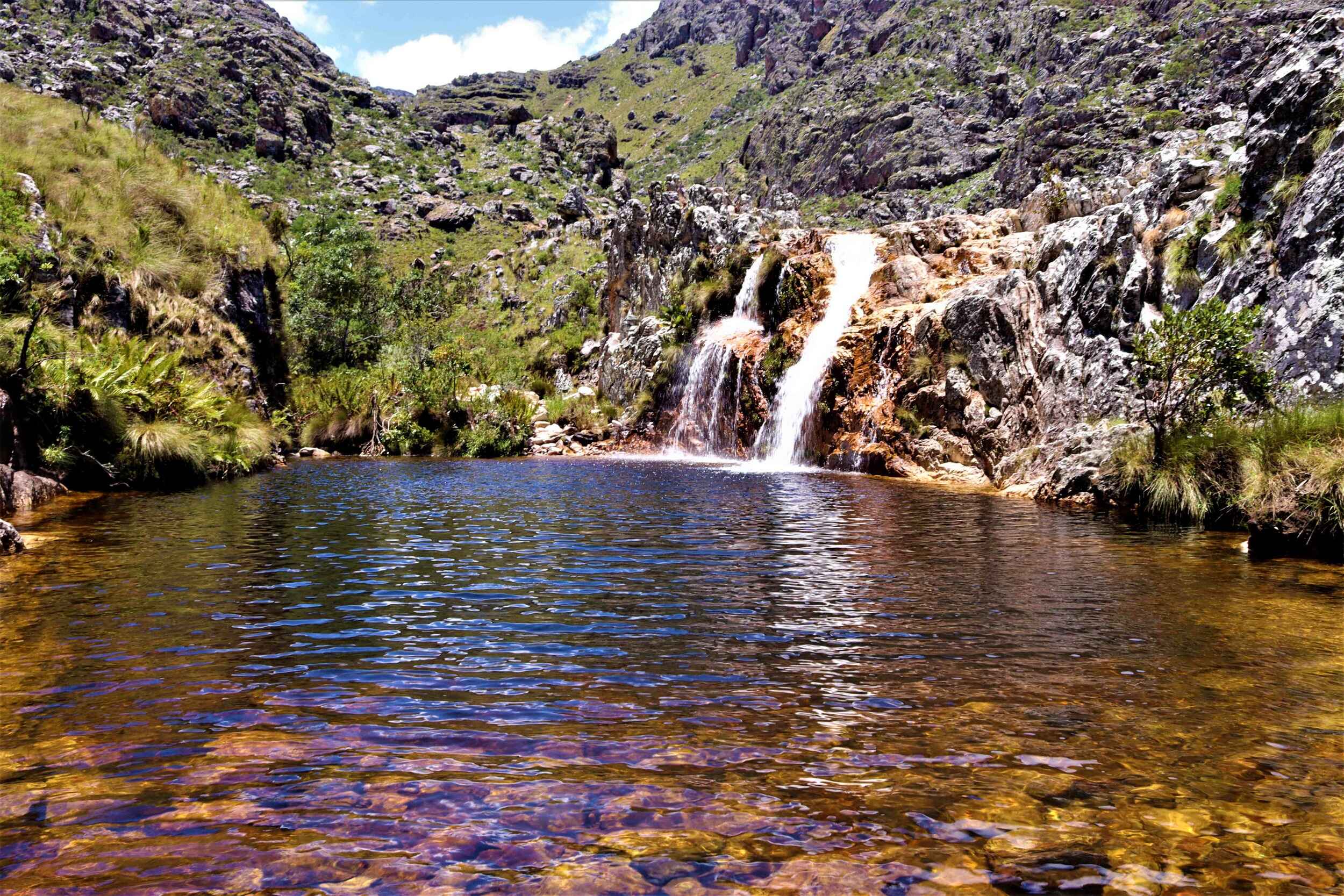GEF Project

Project Manager
Tafadzwa Chipato
A baseline study was conducted from the 25 to 26 May 2024 in Rusitu cluster that is ward 21, 22 and 23 by Dr Tagwireyi Consultant. Key findings reveal the critical role of sustainable resource management, climate resilience Strategies, and the potential for expanding fish farming and crop-based enterprises. The study also underscores the importance of gender inclusion, youth participation, and accommodations for Persons with Disabilities (PWDs). Recommendations focus on capacity development, improved. Market access, and the integration of traditional and modern practices to foster economic Empowerment and environmental sustainability.
Within the aquaculture program, TSURO is supporting the construction of six fishponds across wards 21, 22, and 23, with two ponds per ward. This initiative has benefited a total of 60 individuals, including 10 beneficiaries at Hlabiso Rural Knowledge Centre- 10 beneficiaries in Biriiri Village, 20 beneficiaries in Mukondomi Village, Ward 21- 20 beneficiaries in Dzingire Village, 20 beneficiaries in Chishiri A, and Ward 21 and 10 beneficiaries in Mutembwe Village
Notably, the construction of these ponds is being carried out by the farmers themselves, demonstrating their commitment and contribution to the partnership. Three nurseries have been established in wards 21, 22, and 23, specifically:
- Hlabiso Rural Knowledge Centre in Ward 22
- Mrs. Ngorima’s homestead in Ward 21
- Mr. Mhute’s homestead in Ward 23 (currently under construction)
The first two nurseries were established in June and will feature a mix of indigenous tree species, including water-loving mahogany, mikute (Diospyros mespiliformis), and more (Uapaca kirkiana), as well as grafted citrus trees to add market value. These nurseries aim to promote land restoration, soil fertility, and reforestation, ultimately contributing to land regeneration and replenishing water tables.
Within the value addition component, six solar driers were purchased, with two allocated to each ward (21, 22, and 23). Established committees will oversee the projects, guided by an existing constitution that outlines a code of conduct for their duties. The beneficiaries are:
– Ward 21: 14 beneficiaries for the first drier and 10 for the second
– Ward 22: 10 beneficiaries at Hlabiso Rural Knowledge Centre (first drier) and 10 in Vimba (second drier)
– Ward 23: 10 beneficiaries for each of the two driers
The solar driers will be used to dry a variety of seasonal and perennial fruits, including oranges, nartjies, mangoes, bananas, cabbages, and blackjack, as part of the agroforestry process. Farmers are eager to utilize the local Nhedziwa Farmers’ Market to sell their products.
Challenges being faced:
- Farmers taking time to raise the partner contribution for them to collect the solar driers. Farmers are currently working to raise their counterpart funding, which is a required contribution to receive the solar driers. Once they have completed this step, they will be able to collect their solar driers

